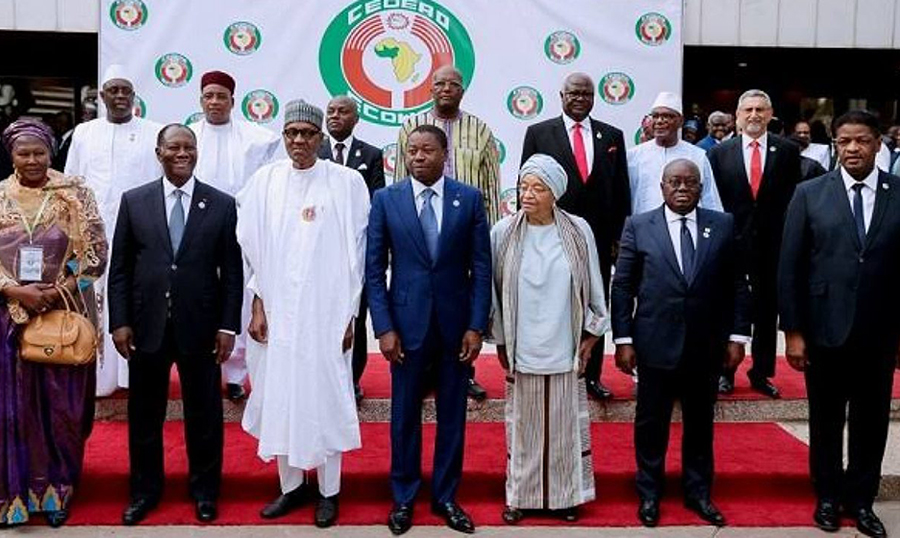Ministers from the Economic Community of West African States (ECOWAS) sub-region have recommended the gradual re-opening of the borders of member states in the first half of July. This is to allow travelers from countries with low or controlled levels of coronavirus cases by the end of July.
This new recommendation was contained in a communique from a virtual meeting that was held last week by Foreign Affairs and Trade Ministers from the West African countries. They called for coordinated efforts to re-open cross border trade that has been seriously hampered by the lockdowns and restrictions due to the coronavirus pandemic.
The Ministers had recommended a gradual and phased opening of the borders.
The first phase involves the opening up of domestic air and land transport in the month of June which many governments within the region have started to do.
The second phase of the recommendation involves the opening of land, air and sea borders within the region by middle of July.
The third phase involves the opening of air and land borders to countries with low and controlled levels of coronavirus cases by July 31. However, this will depend on the evolution of the pandemic.
READ MORE: FG calls for ECOWAS single currency extension
These recommendations by the ministers are expected to be presented to the ECOWAS heads of state at a forthcoming summit.
It can be recalled that countries across the ECOWAS trade bloc had imposed different levels of travel restrictions through the land, air, and sea borders as part of the measures to contain the dangerous spread of the coronavirus disease.
This has delayed the take-off of the African Free Trade Zone (AFCFTA), which has been referred to as the world’s largest free-trade zone. The implementation of the trade agreement which was to take off on July 1, 2020, had been postponed to January 1, 2021.
The border closure had negatively impacted on the cost of goods especially food prices. It has also affected exports among member states.
However, it remains to be seen, whether the recommendations will be approved by the heads of states of member countries as there has been reported spike in confirmed cases within the last week especially in a country like Nigeria, which is the largest country in the sub-region.



















Thanks for the information, when is the final meeting on land border going to take place or are we expecting the boarders to be in operation this coming July 2020.many of us are stranded in adbijan we need to go home please. We need your authentic information regarding early boarder opening.